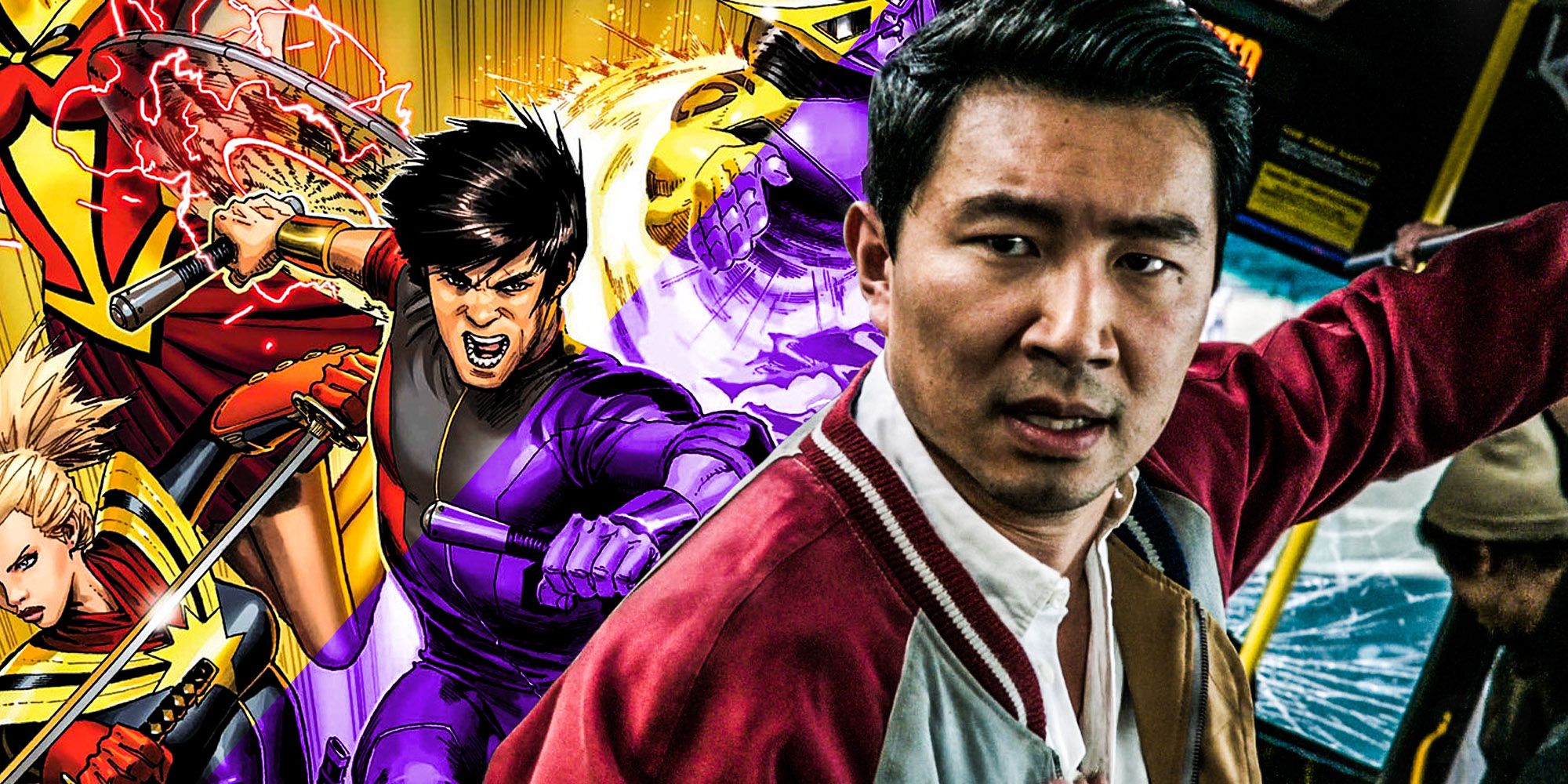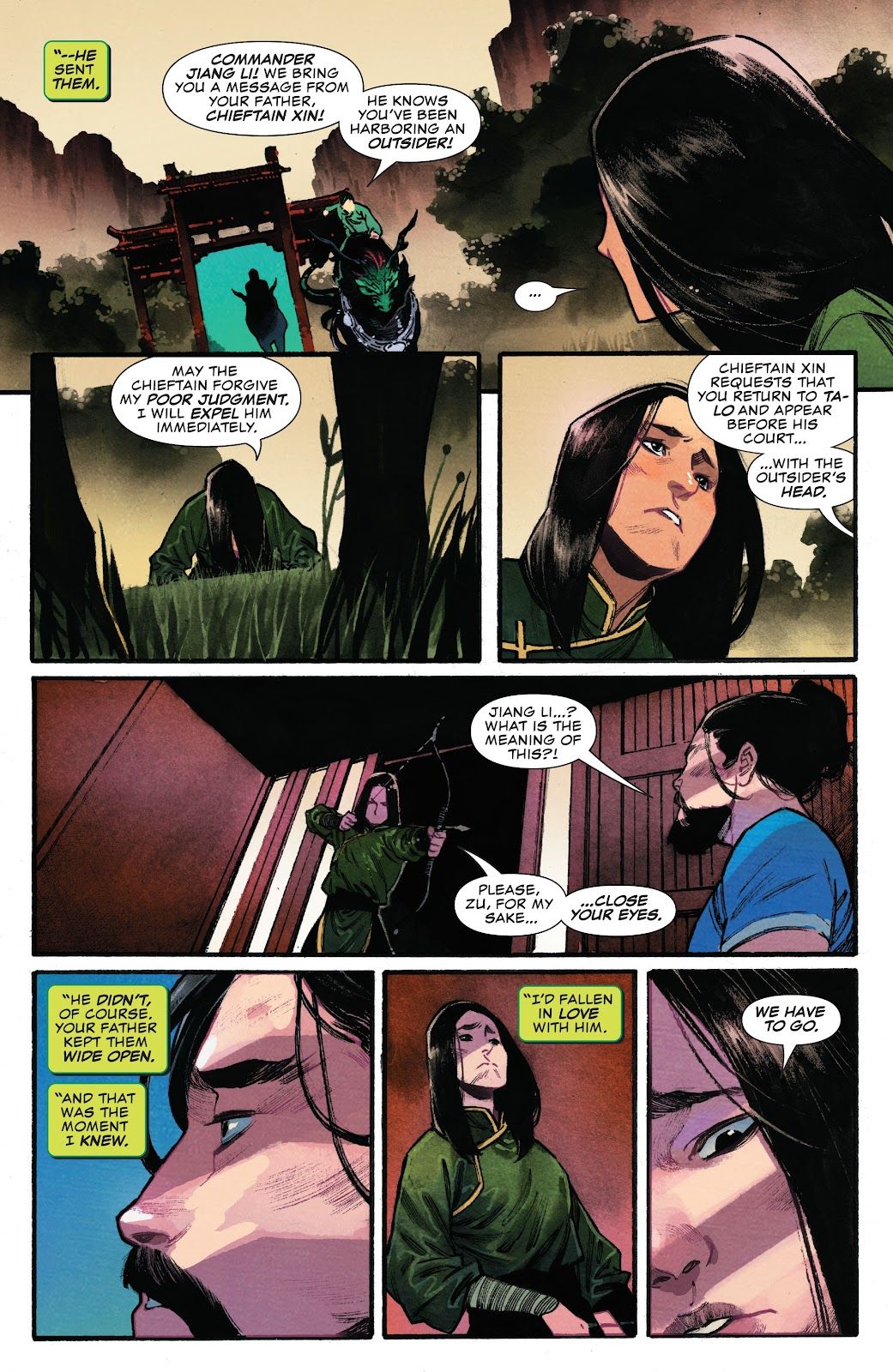Warning: contains spoilers like Shang-Chi #7!
Marvel's Shang-Chi is finally an A-list character again, thanks to the phenomenal success of the Marvel Cinematic Universe's Shang-Chi and the Legend of the Ten Rings at the worldwide box office. Totaling just over $430 million worldwide, the film was well-received as a high point of the MCU's 2021 suite. The movie was so successful that it has influenced the comics in Shang-Chi #7 - but is this truly a positive development, or is Marvel refusing to allow the comics tell their own story?
Shang-Chi's origins revolve around the legal rights to his father. Shang-Chi is the son of Fu Manchu - but Marvel never truly held the rights to the character, and perhaps realizing that building a narrative around a negative Chinese stereotype would be immoral (and would hurt the longevity of the character), the Marvel creatives changed his name to Zheng Zu. Another plot element that was subsequently dropped was Shang-Chi's mother, who was originally white. The unfortunate implication that his Chinese side was evil and Caucasian side was good, however unintentional, was quickly removed (and was an editorial mandate, not the original writer's decision.
In Shang-Chi #7, Shang-Chi has successfully rescued his mother - and held off an assault from Thor and the other Avengers (at the end of Shang-Chi vs the Marvel Universe arc). With the Avengers and his own family no longer trusting him, Shang-Chi has a long discussion with his mother about her origins in Ta Lo. Zheng Zu, an outsider, was found by Jiang Li (after Zheng Zu's compatriots turned on him) and nursed him back to health - but when he revealed his true identity as a criminal, he persuaded Jiang Li to stay for a month at the Deadly Hand headquarters to see his true nature.
Jiang Li eventually fell in love with Zheng Zu and eventually gave birth to his son Shang-Chi. This narrative places great emphasis on Zheng Zu's ability to change, where the original Fu Manchu narrative had no such theming. It's a great lesson - that even the worst people who commit the worst sins can change - but that's an element of the film carried over to the comic. The two versions of the story have essentially become one.
The Marvel Cinematic Universe is one of the most successful cinematic franchises in history, and undoubtedly Marvel would want the comics to retain the elements the made the films popular. But this comes at a cost, and it appears Marvel can no longer tell two stories at once. Shang-Chi's lesson in the films has transferred wholesale to the comics...but this is not necessarily a good thing.


